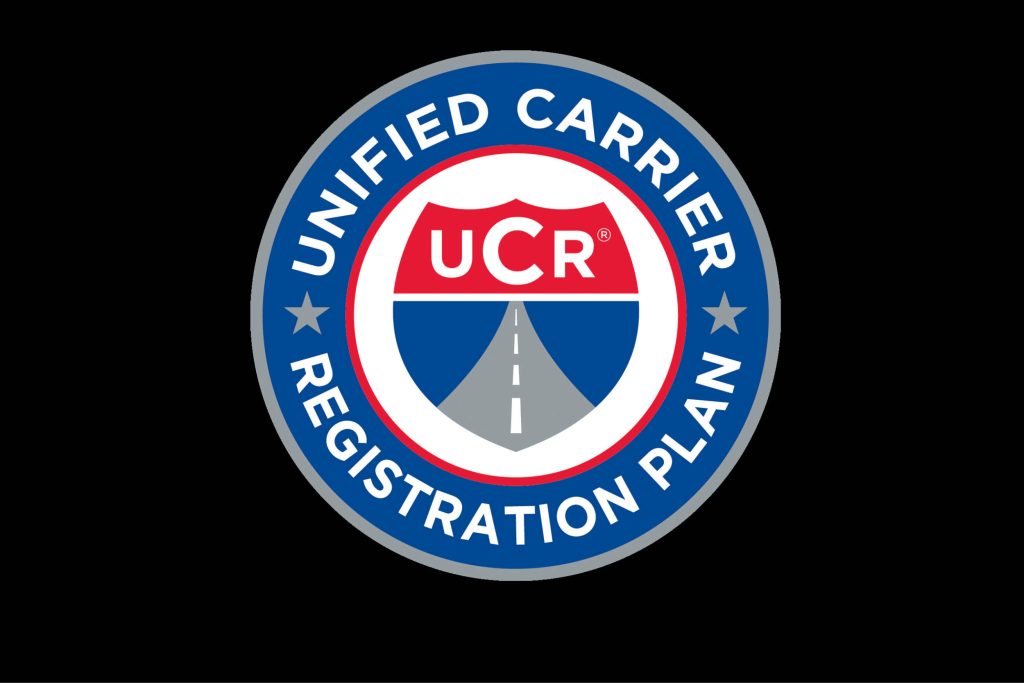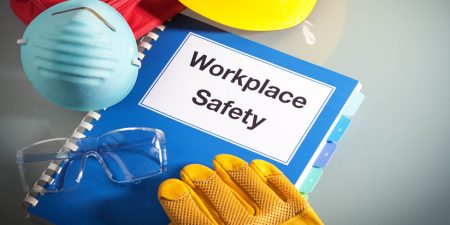The following is an excerpt from the GAWDA Safety Organizer, a monthly bulletin sent to GAWDA members. For more information on the GAWDA Safety Organizer, or to read past issues, visit the GAWDA.org Members-Only Section.
Everyone operating Commercial Motor Vehicles (CMVs) (power units only) in interstate commerce must register and pay a fee based on the number of CMVs operated in interstate commerce. Vehicles used solely in intrastate commerce are exempted from the registration and fees. Please remember that you only pay for the powered commercial motor vehicles, not trailers.
Definition of Interstate Commerce
Interstate commerce is the general term for transacting or transportation of products, services, or money across state borders. Put simply, if you transport and deliver any products that you sell and they come from outside of your state, then you are involved in interstate commerce even if you don’t leave the state while making your deliveries.
Where Do You Register?
This link is found on the UCR website, and you can use it to determine if you need to register or not. https://plan.ucr.gov/registration-compliance-helper/
The UCR Board of Directors has established a National UCR System at https://www.ucr.gov/. All UCR registrants may use this online system, regardless of base state, and it is the recommended method to register.
What Vehicles are Considered Commercial Motor Vehicles for Purposes of the UCR Fees?
The number of commercial motor vehicles for purposes of determining a carrier’s UCR fees is the number of commercial motor vehicles that are power units and not towed vehicles such as trailers that the carrier reported in the most recent Form MCS-150 it filed with FMCSA or the total number of commercial motor vehicles that are power units it owned or operated under long-term lease for the twelve-month period ending on June 30 immediately prior to the beginning of the UCR Agreement registration year for which the fees are being determined. A commercial motor vehicle is one that is operated in commerce and has a GVW or GVWR of at least 10,001 pounds or, in the case of a passenger vehicle, is one built to carry more than 10 persons, including the driver. It also includes a vehicle that transports hazardous materials in a quantity that requires placarding. It does not include, for this purpose, a vehicle that operates wholly in intrastate commerce. Remember, it is all about the product travel, not the vehicle travel.
UCR Recordkeeping
- UCR registrants are required to preserve the UCR records upon which the annual applications and renewals are based for three (3) years from the due date or filing date, whichever is later, plus any time period included as a result of State decisions or inquiries.
- The three (3) year period is the current calendar year and the prior two (2) calendar years.
- Records may be kept on paper, microfilm, microfiche, or other computerized or condensed record storage system as required by the Base State.
If you have any questions about whether you are still in the program or not, please contact me.









